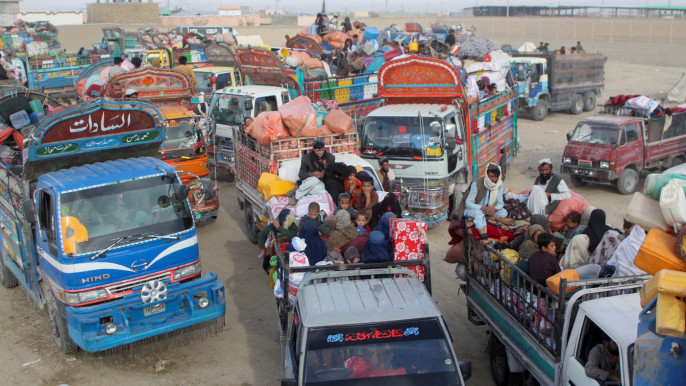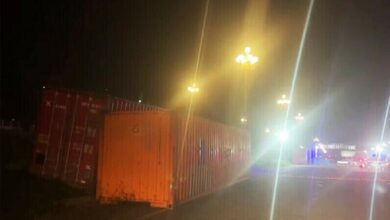Pakistan’s top court begins hearing challenge to expulsion of Afghans
More than 370,000 Afghans have fled Pakistan since 1 Oct, after Pakistan vowed to expel more than a million undocumented refugees, mostly Afghans, amid a row with Kabul over charges that it harbours anti-Pakistan militants

Islamabad: Pakistan’s Supreme Court began hearings on Friday on a petition by rights activists seeking to halt deportation of Afghan refugees, a lawyer said, as authorities are combing refugee settlements in an effort to find and send home thousands.
More than 370,000 Afghans have fled Pakistan since 1 Oct, after Pakistan vowed to expel more than a million undocumented refugees, mostly Afghans, amid a row with Kabul over charges that it harbours anti-Pakistan militants.
“Due to the urgency, as thousands of people are suffering on daily basis, I’ve requested the court to take up the case as early as next week,” said Umar Ijaz Gilani, the lawyer representing the rights activists.
The panel of three judges hearing the case has asked the government, the interior (home) and foreign ministries, as well as a panel of government and top military officials, to furnish an explanation in reply, the lawyer said.
Thousands of Afghans have gone underground in Pakistan to avoid deportation, fearing for their lives if they return to Taliban-ruled Afghanistan following a hasty and chaotic withdrawal of US-led Western forces in 2021.
Children born to Afghan families in Pakistan could not be sent back due to their birthright, Gilani said.
Friday’s petition is separate from another focused exclusively on seeking Pakistani citizenship for such children, as guaranteed by the South Asian nation’s constitution, he said.
Pakistan is home to more than 4 million Afghan migrants and refugees, about 1.7 million of whom are undocumented.
Many arrived after the Taliban retook Afghanistan in 2021, joining a large number living there since the Soviet invasion of the neighbouring nation in 1979.
Pakistani police have searched door-to-door in refugee settlements for any who have not left voluntarily, starting from the southern port city of Karachi, where hundreds of thousands of Afghans live. Any remaining are being forced to leave.
Islamabad has not heeded calls from international bodies and refugee agencies to reconsider its deportation plans.




